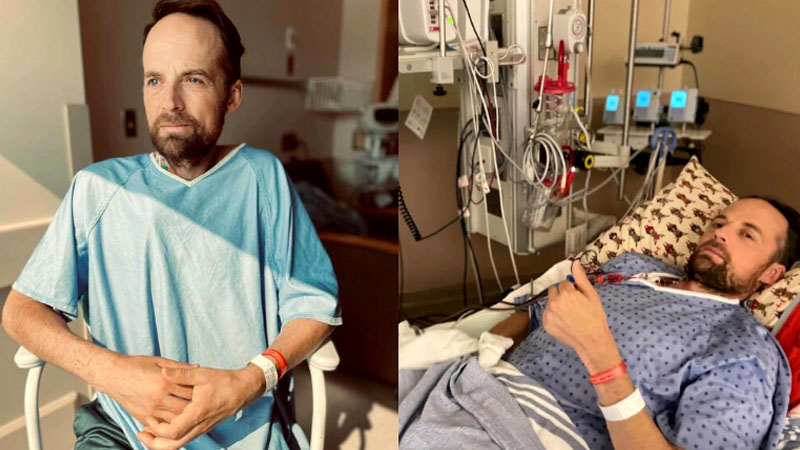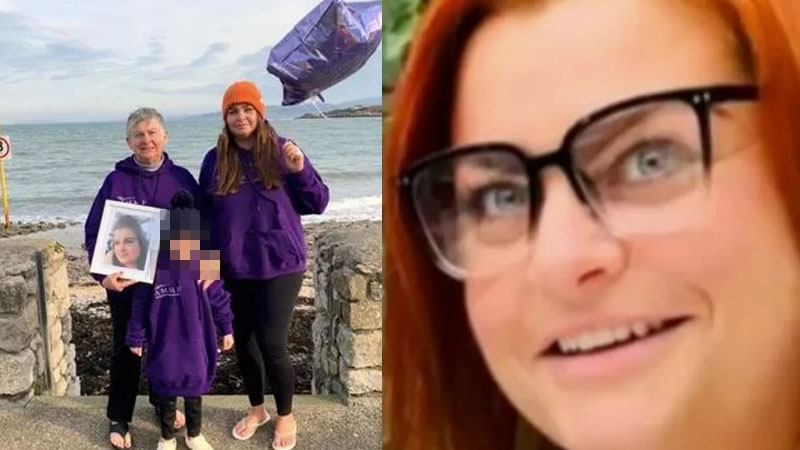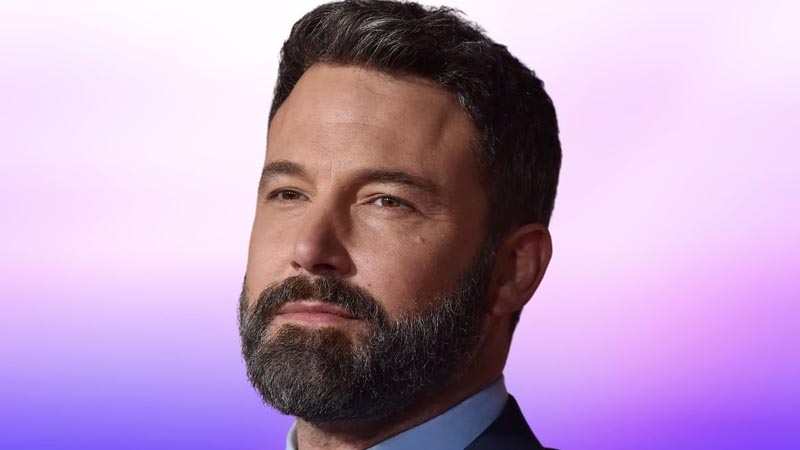The man was paralyzed and developed an autoimmune response after receiving COVID-19 Vaccine

Pic: thecharlestonpress
Nearly 256 million Americans have received at least one dose of the vaccine since it was introduced, or slightly under 78 percent of the populace. Nearly 104 million Americans have received at least one booster dose of the vaccines, and more than 221 million are thought to be fully protected.
America currently has one of the highest vaccination rates in the world because vaccines are still our best line of defense against the deadly virus. Despite the possibility of vaccine-related side effects, the advantages of the Covid-19 vaccination outweigh the known and prospective hazards. After receiving his first dosage of the Covid-19 vaccine, a 40-year-old man experienced an autoimmune reaction that temporarily paralyzed him, and as a result, he is now eligible for compensation by the federal government.
The news that Ross Wightman, a 40-year-old Canadian man, was now eligible to receive the Covid-19 vaccine more than a year ago made him pleased. He went without thinking and received the AstraZeneca COVID-19 vaccination at a nearby clinic. Ten days later, however, he began to exhibit the initial vaccine side effects, and shortly after that, he was given the diagnosis of Guillain Barre syndrome, which temporarily paralyzed him. Wightman’s back pain increased over the next few days to the point that he could hardly move.
Wightman now asserts that he is the first patient whose vaccination harm has been certified and who is, therefore, eligible for compensation from the federal government. The federal government’s Vaccine Injury Support Program, which was introduced last year, the program promises compensation to those with a “serious and permanent” injury from vaccination.
Wightman has been off work ever since he got sick, and last month he finally got a letter from the program stating that a medical review board had determined that there was a “probable causal association between the injury(ies) sustained and the vaccination.” Despite the fact that more than 400 persons had filed claims up until last winter, the program indicated that ‘less than five of them had been authorized.
When he first submitted the claim and began speaking with the federal government, everything moved really slowly, and the back-and-forth communication was terrible. He had no choice but to turn to the media in February, and at about the same time, the flow of information surrounding his request started to improve.
“Things have still been slow, but he’s (the federal case manager) always been there to answer a question or make a phone call. And that’s really all you can ask for,” Wightman said. He also heaped praise on the healthcare workers and physical therapists that have helped him through his recovery. Because he was denied an exemption to the provincial vaccine passport program — provincial health officials insisted he was able to get a second dose — those appointments were among his only social interactions.
Whitman declined to provide his full allotment due to privacy concerns, but he did say that the program’s top payout is around $284,000 instead. Wightman claimed that he was not eligible for the whole sum. He said that up to $90,000 in income replacement is also available to him.
Wightman said his recovery process hasn’t been linear. He relapsed twice while in the hospital and was released after 67 days. “When I was discharged, I could walk, assisted, 30, 40 feet, and I would be gassed.” Now, he says he “can now go for a slow 40-minute walk,” which he says he is grateful for, but as a typically active person, “it’s a far cry from where I was before.” “Going for a walk with my wife or a friend and just seeing the sights and sounds, those are probably my favorite things right now,” he added.




